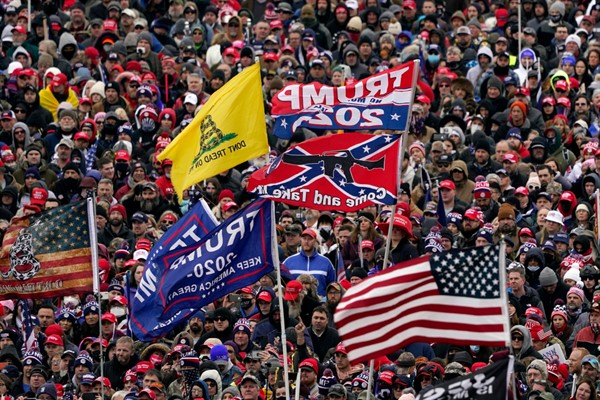Can there be Trumpism without Trump? In the wake of the Capitol riot, this is an urgent, but also surprisingly complicated question. After half a decade of debate, it is still far from obvious that we know what “Trumpism” actually is. Some have taken it as a local instance of a global phenomenon often described as the “wave of populism,” or as part of a worldwide revolt against neoliberalism. For example, as social scientists Jonathan Hopkin and Mark Blyth have put it, “Trump is a data point. Global Trumpism is a structural shift.”
But it is important to recognize that Trumpism is, in fact, a distinctively American product, combining three elements not so easily found in other parts of the world. The first, obviously, is Donald Trump the person, and his uncanny ability to exploit the weaknesses of the U.S. political and media systems. The second is a distinctively American far-right ideology that the Republican Party started mainstreaming long before Trump descended on a golden escalator to announce his candidacy. The third is the promotion of a form of governance that at least initially promised a primacy of political will over economic considerations—which, of everything about Trump, is the most obviously comparable to the official agendas of at least some populists elsewhere.
Contrary to conventional wisdom, it is not generally the case that populist parties and movements are destined to fall apart when their more or less charismatic founder disappears: Peronism persisted in Argentina without Peron, and though France’s Marine Le Pen unceremoniously got rid of her father, Jean-Marie Le Pen, the party she leads is still recognizably the one he started, even if it has flipped from a pro-market ideology to welfare chauvinism.

